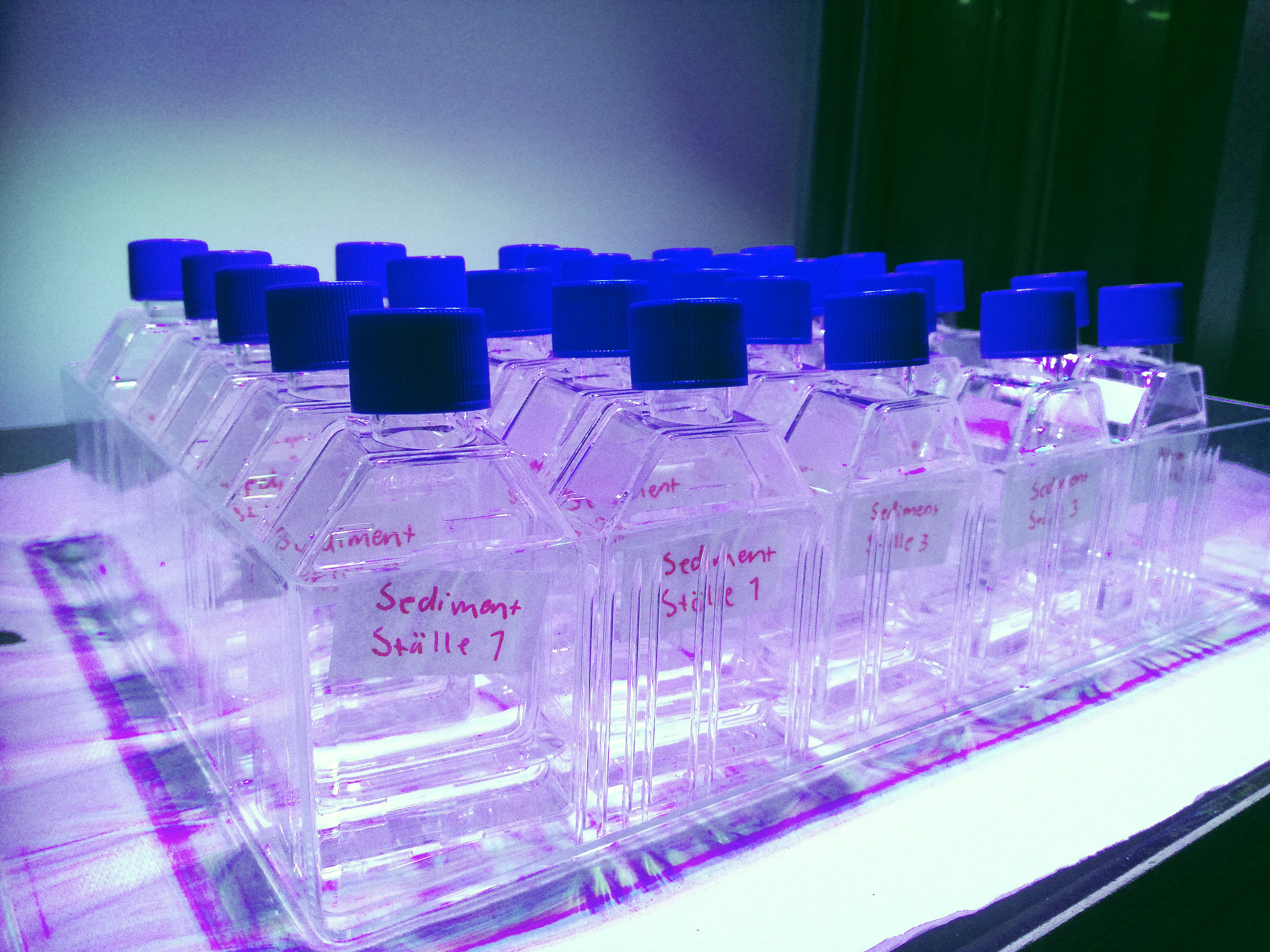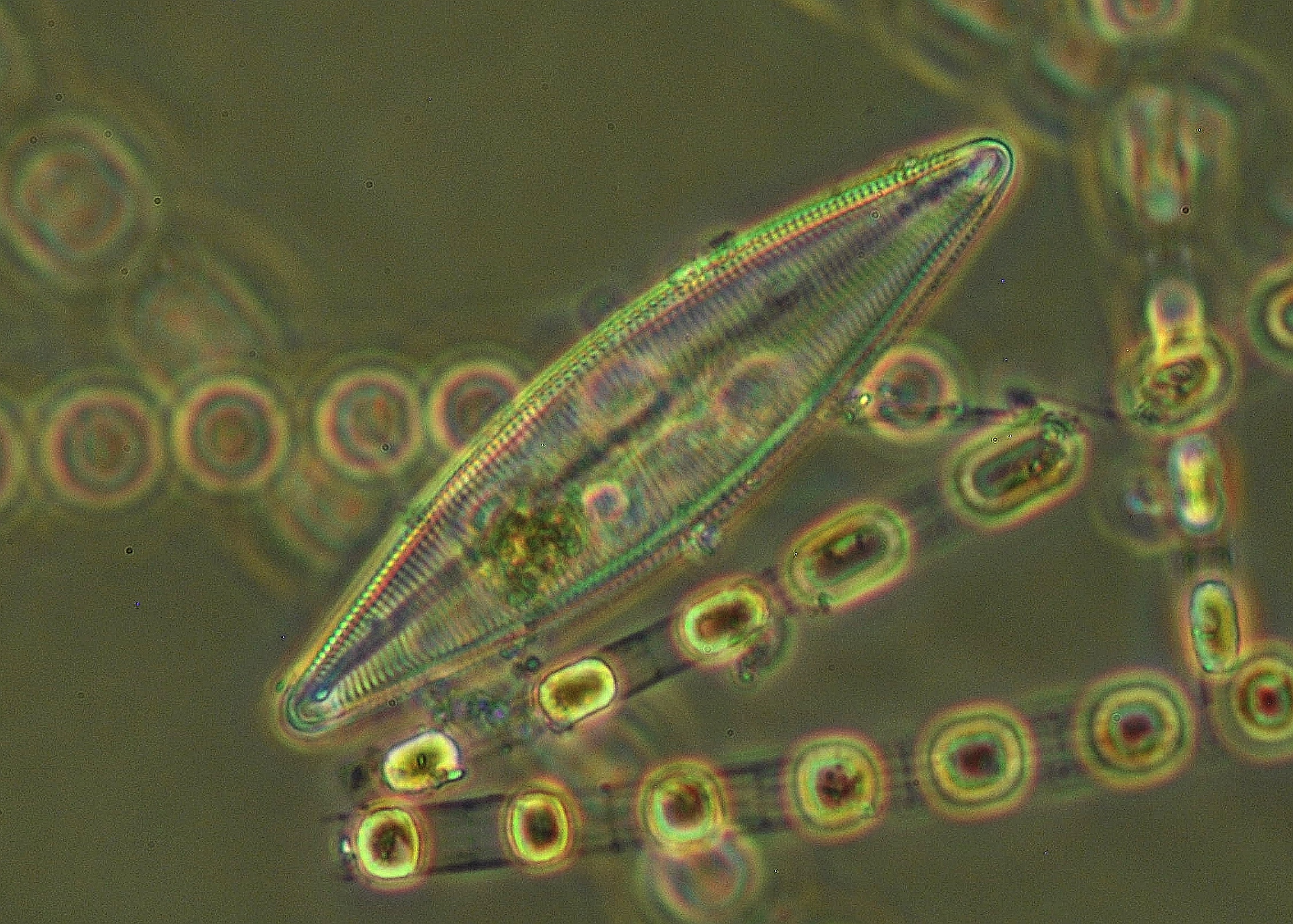Phytoplankton are photosynthetic, single-celled microorganisms living the ocean. They produce about half of all oxygen on Earth and play a central role as prey for higher organisms in the marine food web. Phytoplankton also mitigate negative effects from climate change by binding enormous amounts of carbon dioxide from the atmosphere. Global sampling campaigns imply that we are unaware of the total diversity of phytoplankton (also genetic) in the global ocean. This makes it hard for us to predict how marine ecosystems are adapting to ongoing environmental change such as eutrophication and increasing sea surface temperatures. The aim of our research is to create a deeper understanding of what phytoplankton occur in the ocean, and what their adaptive potential is in the face of rapidly changing environmental conditions.
Research group and collaborators:
PhD Conny Sjöqvist (Google Scholar)
MSc Janni Heikkinen (project assistant)
PhD Giannina Hattich (plankton ecology and evolution), University of Turku
PhD Teppo Hiltunen (microbial evolution), University of Turku
PhD Sirje Sildever (metabarcoding, resurrection ecology), Tallinn Technical University
PhD Anders Andersson (metagenomics), KTH Royal Institute of Technology
PhD Anke Kremp (plankton ecology), Leibniz Institute for Baltic Sea Research Warnemuende


Projects:
| Period | Name |
| 2021-2022 | GeneMac – Genetisk variation hos Limecola (Macoma) balthica (L.) i förhållande till miljöförändringar |
| 2021-2022 | ARCHIVE: Adaptation of microalgae in a changing environment |
| 2019-2022 | Marine primary producers in a future climate: an eco-evolutionary approach combining experimental ecology and metagenomics |
Impact:
Fern Orchestra (public outreach)
Betydelsen av genetisk diversitet hos marina kiselalgen Skeletonema marinoi under och efter antibiotikastress (Janni Heikkinen, in swedish)
Anpassning hos kiselalgen Skeletonema marinoi till stigande vattentemperaturer under 1900-talet (Maximilian Gareis, in swedish)